How many parents have experienced a scenario where your child throws a fit in the public, rolls on the ground and shouts at the top of their voice? Remember the ugly glares you received from the people around you? Well, don’t be embarrassed! This is something inevitable for all the parents. Going out for shopping or dinner with your child can be a nightmare! That being said, as a parent, you need to teach your kid how to behave properly. Wondering if you would ever achieve it? Fret not! Here we list a few do’s and don’ts that would help you streamline your child’s behavior.
DONT’s
#1 Don’t React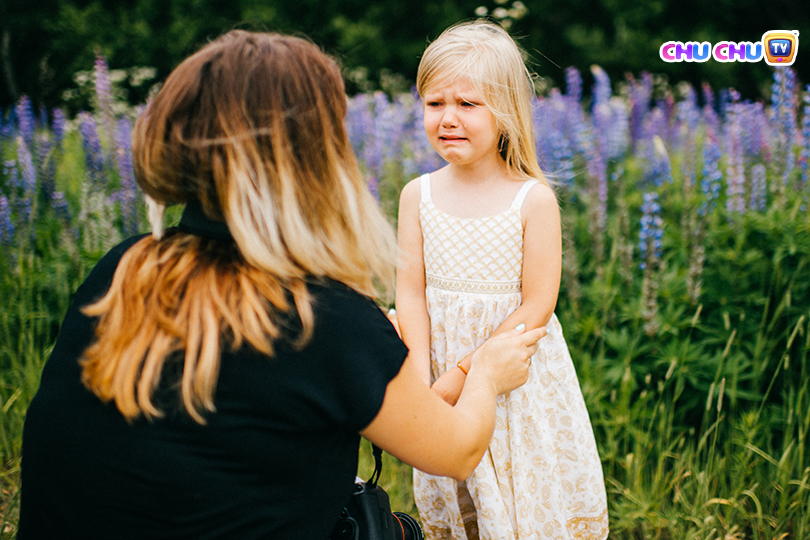
The first mistake every parent is guilty of committing is responding to bad behavior. Don’t get angry or lose your temper. Instead, calmly inform your child that their behavior is not acceptable and that you will talk about it later. This gives them the time to rethink their behavior and would also raise a sense of fear in your child’s mind on thinking about the potential consequences. This would also help you to calm down and your child would eventually learn to do the same.
#2 Don’t tell the world

If your child misbehaves, it’s not something you tell everyone especially, in his/her presence. By doing this you’re making them feel they are right and thus inspiring them to do it again. So the next time you feel like venting out to your parents about the annoying glares you received at the restaurant due to your child’s unruly behavior, make sure they are not in the vicinity.
#3 Don’t break promises
Is your child mad at you? Think of a reason as to why your little prince/princess has suddenly turned into a little monster. Is it because of you didn’t keep up the promise that you made to them? A child remembers everything! Make sure that you keep in mind the things that you had promised them. If not, do not make any promises because kids take your word very seriously.
#4 Don’t smack them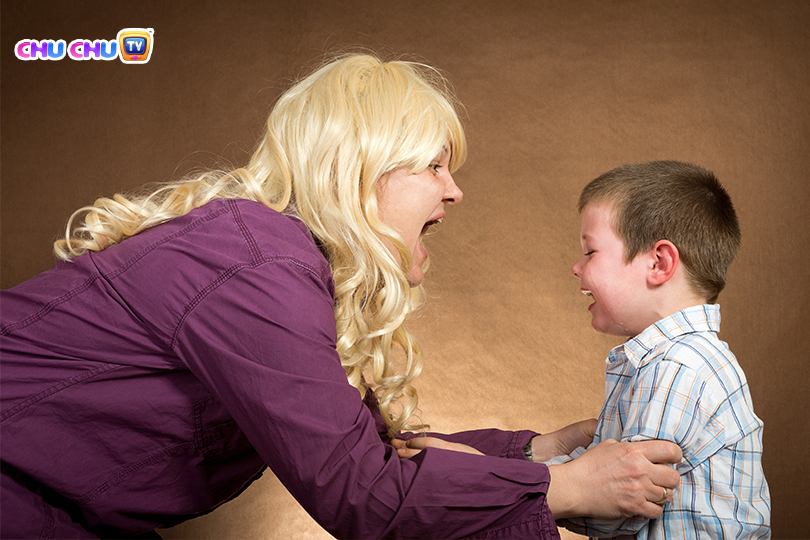
Violence is never the answer to your child’s behavior. If you’re someone who has the habit of smacking your child when angry, you need to stop it right away. This only teaches your child that it is ok to strike out when angry. By seeing you not exercising self-control when angry makes them think they don’t have to do the same.
#5 Don’t entertain second chances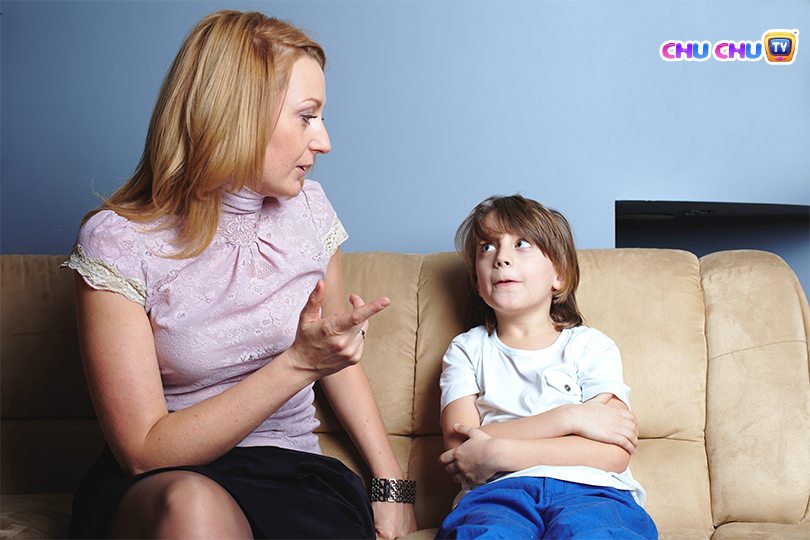
The key to dealing with bad behavior is being consistent. Do not give the advantage of second chances to your child. This makes them believe that you’re not serious and that they can get away for their behavior. Make them realize that you take your rules seriously, only then they would take it up seriously.
DO’s
#6 Work on your own behavior
Understand the root cause of their behavior. Are you someone who frequently gets angry and disappointed? Are they following your footsteps? Do not let the stress affect your behavior with the child as they have a direct effect on your child’s behavior too. So make it a rule to learn to control your feelings. Be polite with your kids so that they eventually learn it from you.
#7 Practise what to say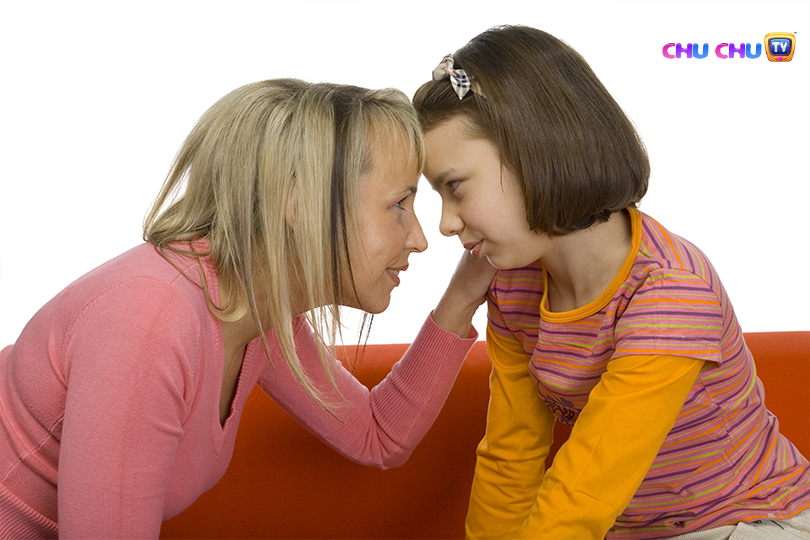
Most of the time kids do not know how to react in a situation and thus they break out into a fit. Teach them how to handle their emotions by offering them verbal alternatives to their behaviors. Every time they behave in a bad manner, remind them to talk. Praise them the next time they talk about their problems instead of creating havoc. This reassures them that they would get what they want only if they behave properly.
#8 Encourage Good Behavior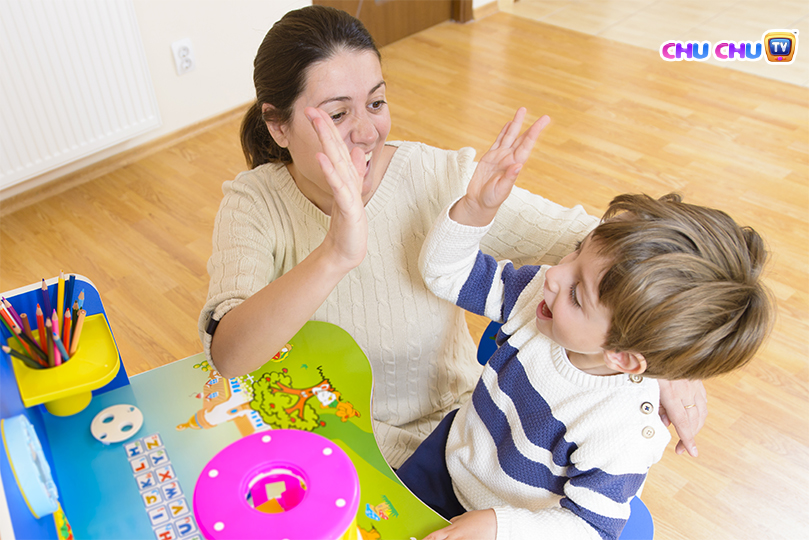
Do not hesitate to appreciate your child’s good behavior. If you see them being respectful, applaud their behavior generously. Shower them with love, appreciation and, if possible, rewards. The rewards can be as simple as extra time at the park or one extra bedtime story. But make sure to keep the reward simple and not materialistic. Giving them materialistic rewards makes them more inclined towards the rewards and not the actual deed.
#9 Understand your child
Some kids are generally slow learners and need time to understand what to do and how to do. Instead of labelling them as problematic, try to understand their needs. They might be hungry, tired, emotionally disturbed or just sleepy. Respect their feelings and acknowledge their concerns before telling them how to behave.
#10 Give Instructions Effectively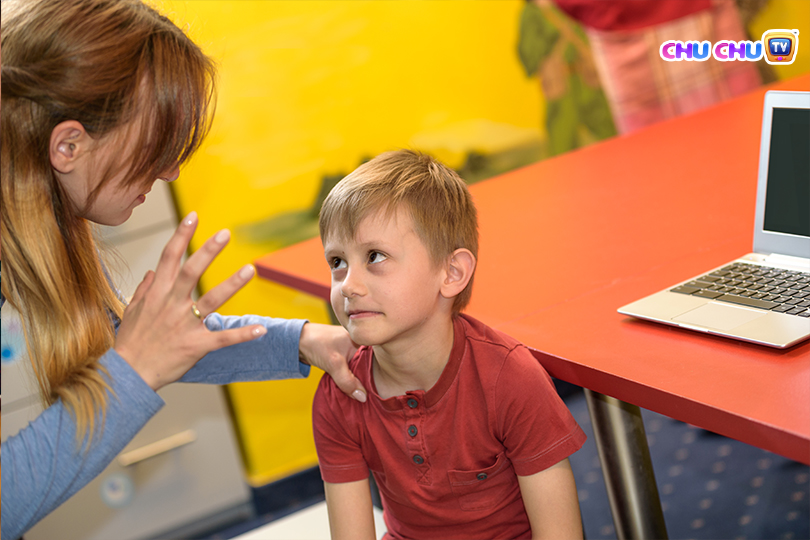
How can you expect your child to behave if you have not set clear-cut rules and expectations for your child? Clearly, tell your child what are the rules set in the house and which are expected of them. Also use the positive talking method, where you tell your kid what to do instead of what not to do. Also, make sure that you give instructions calmly. This teaches your child to be polite when talking with others.
Do like and share if you like or tips! Don’t forget to comment below on how you manage your child’s bad behaviour.
Happy Parenting!



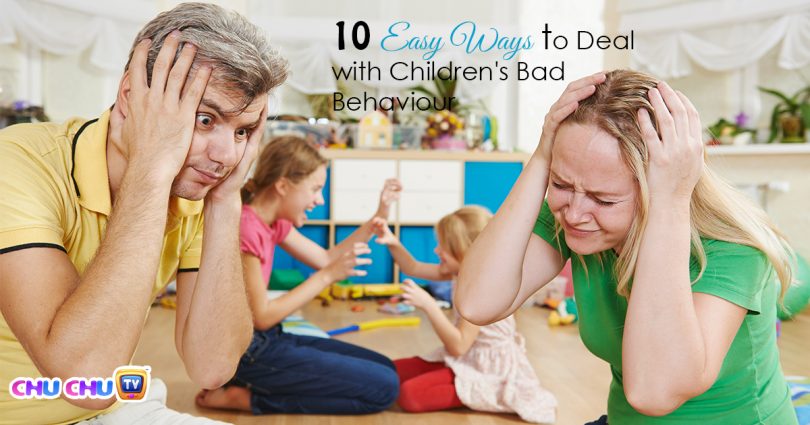






Leave a Comment